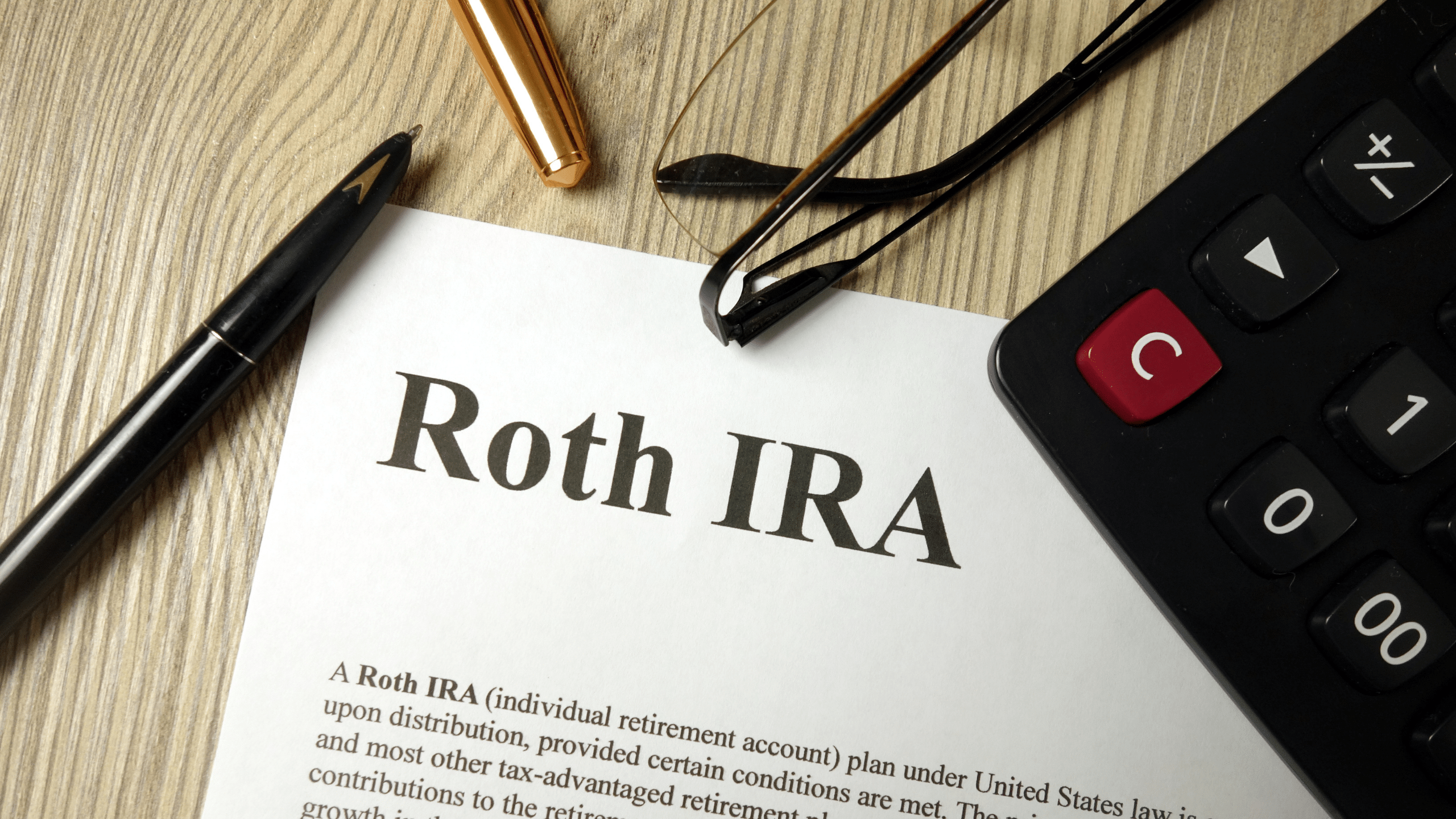By Bernie Wurts, CFP®
Every day you spend at your job brings you one step closer to that moment you’ve been eagerly anticipating: your retirement, the golden years when you’ll have more time for family, travel, and your favorite hobbies. But reaching your dream retirement isn’t a matter of chance; it demands meticulous planning and saving.
Because there are many options available for retirement savings, choosing the most ideal account for your specific needs can be quite a challenge. The two most common vehicles for retirement savings, known for their potential to boost your savings and help you attain your retirement objectives, are the individual retirement account (IRA) and employer-sponsored retirement plans (ESRPs).
In order to simplify this information and guide you toward the best choice for your unique situation, we’ve distilled it down to the three key distinctions between these two types of accounts.
1. Contribution Limits
You want to save as much as possible, right? Well, that might determine what account you choose. One major difference between a personal IRA and an ESRP is the contribution limit. For an IRA, you can contribute up to $6,500 per year if you are under the age of 50, or $7,500 per year if you are age 50 or older.
On the other hand, the maximum annual contribution for ESRPs is $22,500, or $30,000 if you are over the age of 50. And that’s just how much you can contribute; anything your employer chooses to match or contribute doesn’t count toward that limit.
Although it is wise to make sure you contribute enough to receive any match your company
offers through an ESRP and max out those accounts each year, if possible, anyone with a taxable income can contribute to an IRA as well. This increases your total contribution limit to $29,000, or $37,500 for those 50 and older, each year when you max out both an IRA and an ESRP.
2. Investment Options
IRAs are accounts you open and can control, which means you have quite a few investment options. There are generally more stocks, bonds, mutual funds, and index funds to choose from as compared to what your ESRP offers. Employers select a certain number of investment options to offer and that is all you get. You tend to have more flexibility with where your money is invested with an IRA.
Choosing investment options using an IRA and contributing the full $6,500 per year to the account before making maximum contributions to your ESRP could be a wise strategy, depending on how advantageous the employer-selected options are for your financial situation. Also, watch out for fees with your ESRP funds. With fewer options, you may not have as many low-fee choices as an IRA.
3. Tax Implications
Would you like to save more on taxes? That’s what I thought. How you save your money impacts your tax treatment, so pay attention to this point.
Many employers now allow their employees to choose how to invest their money: in a traditional ESRP or Roth ESRP. With traditional ESRPs, you can claim a deduction on the full amount of your contribution, no matter what your annual income or tax filing status is currently. The difference between contributing to a traditional versus a Roth account is you are using pre-tax dollars for traditional contributions and post-tax dollars for Roth ESRP contributions. Contributions using pre-tax dollars allow you to claim the deduction now and be taxed on your withdrawals later. Alternatively, if you contribute to a Roth account using post-tax dollars, all growth and contributions grow tax-free, but you are not able to claim a tax deduction. This is also true of Roth and traditional IRAs.
This is where things can get confusing. If you are covered by an ESRP and make more than $83,000 as a single filer or more than $136,000 as a joint filer, you will not be able to claim any deduction for contributing to a traditional IRA. If you don’t have the option to contribute to an ESRP, you can claim a deduction on your contributions to an IRA, but there are a few limitations on income, which you can see here.
Seeking Support? We’ve Got You Covered.
The choices you make here have a lasting impact on the growth of your investment portfolio and your ability to reach your financial goals for the retirement lifestyle you want. Given that there are no second chances when it comes to retirement, the process of making these decisions can be quite anxiety-inducing. So if you’re uncertain about your retirement options—or whether you’re making the most of them—it’s wise to take action and seek clarity now.
Do you need guidance in selecting the ideal strategy to expand your wealth? At Professional Financial Advisors, LLC, we take pleasure in addressing our clients’ retirement planning questions and providing a wide array of financial services. We work with you at a personal level not just to identify the most suitable solutions for your specific needs; we do it so you can receive guidance and the individualized attention you deserve.
If you decide to collaborate with us, our commitment is to help you navigate your retirement account choices, maximizing contribution limits, and developing a tailored strategy. To get started, arrange an appointment today by calling (913) 322-3845 or emailing wurts@pfaretire.com.
About Bernie
Bernie Wurts is a CFP®, Certified Financial Planner, at Professional Financial Advisors, LLC, an independent, fee-based, Registered Investment Advisory firm delivering full-service financial planning and investment guidance to families and businesses or organizations. Since 1994, Bernie Wurts has been working with individuals and business owners to help map out their retirement and succession plan. Along with a team of CPAs and estate planning attorneys, Bernie works to ensure no stone is left unturned and operates under the methodology of doing the right things today to avoid unpleasant surprises later. He enjoys making a difference in his client’s lives as they pursue a worry-free retirement, and has two goals for every client: be the kind of financial advisor whose integrity and character would be good enough for his mother and create enough wealth so they have the resources to live a life with no regrets.
Bernie received his bachelor’s degree in business from The University of Akron and holds the CERTIFIED FINANCIAL PLANNER™ designation. Outside of the office, Bernie enjoys outdoor activities, sports, and spending time with family. To learn more about Bernie, connect with him on LinkedIn.





